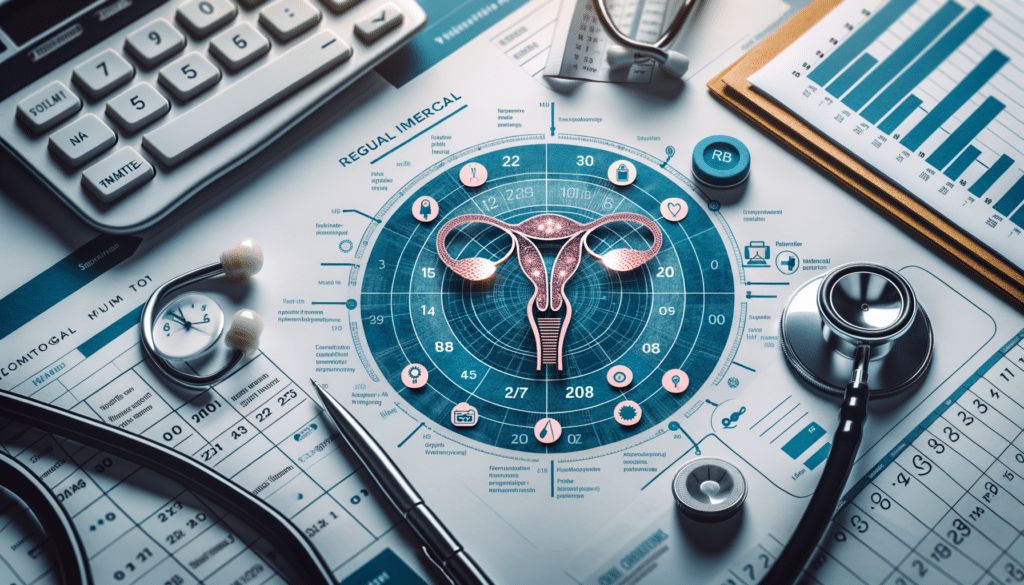Why Regular Gynecological Visits Matter
Regular gynecological visits are crucial for maintaining women’s health. These appointments are not just about addressing immediate concerns but are essential for preventive care. A gynecologist can help detect potential health issues early, ensuring better outcomes and peace of mind.
What to Expect During a Gynecological Visit
For many women, the thought of a gynecological visit can be daunting. However, understanding what to expect can alleviate anxiety. During a typical visit, the gynecologist will conduct a physical examination, discuss any health concerns, and may perform tests such as a Pap smear or pelvic exam. These procedures are vital for detecting conditions like cervical cancer or infections early.
Common Myths About Gynecological Visits
There are several myths surrounding gynecological visits that can deter women from scheduling appointments. One common misconception is that these visits are only necessary if there is a problem. In reality, regular check-ups are essential for preventive care. Another myth is that gynecological exams are painful, but most women find them to be quick and relatively painless.
How Often Should You Visit a Gynecologist?
The frequency of gynecological visits can vary based on age, health history, and individual needs. Generally, it is recommended that women start seeing a gynecologist in their teens or early twenties and continue with annual visits. However, your healthcare provider may suggest a different schedule based on your specific health needs.
Preparing for Your Gynecological Visit
To make the most of your gynecological visit, it’s important to prepare in advance. Make a list of any symptoms or concerns you have, and be ready to discuss your medical history. It’s also helpful to know the date of your last menstrual period and any medications you are taking. Being prepared can help ensure a productive and informative appointment.
Benefits of Regular Gynecological Care
Regular gynecological care offers numerous benefits. It helps in the early detection of health issues, provides an opportunity to discuss reproductive health and contraception, and ensures that vaccinations and screenings are up to date. Moreover, it fosters a relationship with your healthcare provider, making it easier to address any concerns that may arise.
Conclusion
In conclusion, regular gynecological visits are a vital component of women’s healthcare. They provide an opportunity for early detection of potential health issues, offer preventive care, and ensure overall well-being. Don’t let myths or anxiety prevent you from taking charge of your health. Schedule your gynecological visit today and take a proactive step towards a healthier future.





